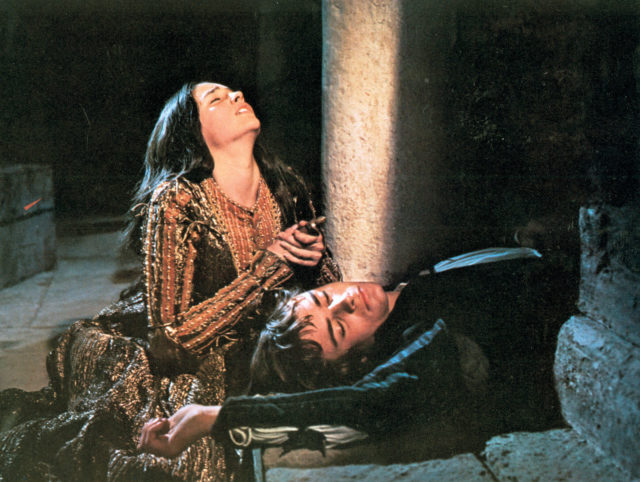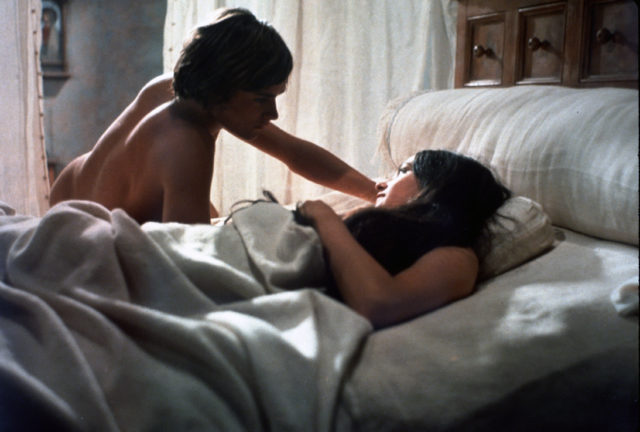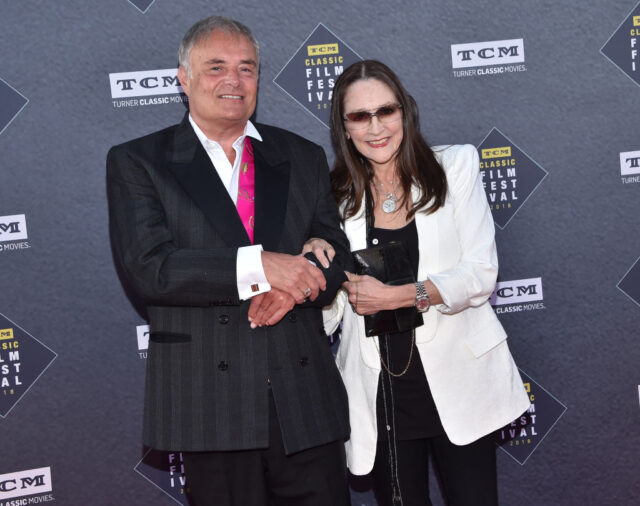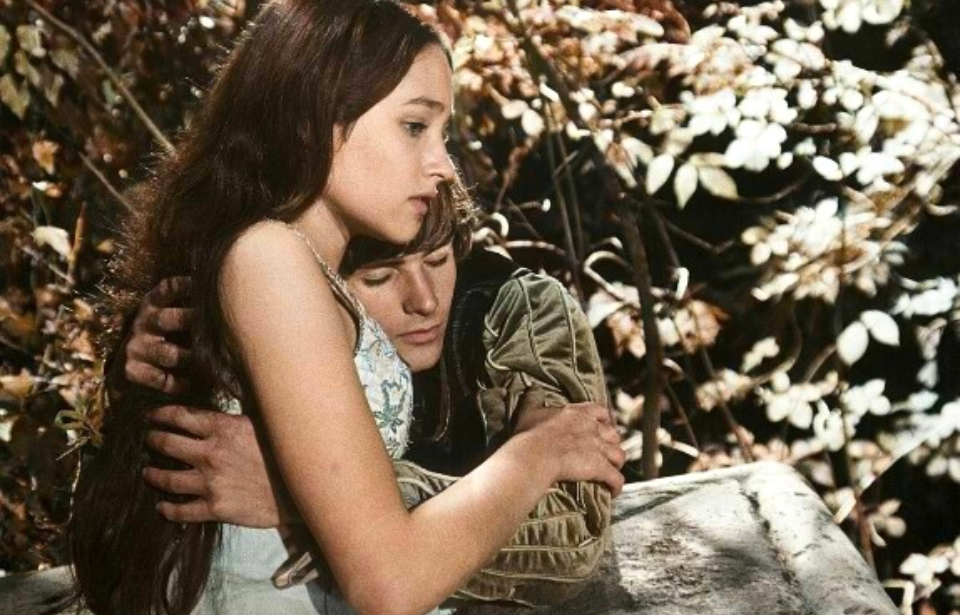The pair who portrayed the most famous star-crossed lovers in the 1968 adaptation of William Shakespeare’s Romeo and Juliet launched a lawsuit in December 2022, 54 years after the movie’s release. Olivia Hussey and Leonard Whiting, who were just 15 and 16 years old at the time, respectively, filed the suit against Paramount Pictures for $500 million, alleging they endured sexual abuse, harassment and fraud during the film’s production.
A judge tossed out their lawsuit in May 2023, prompting the actors to file a second the following February, arguing that the re-release of the movie in 2023 triggered a new statute of limitations. However, Whiting and Hussey struck out again, as the judge has now thrown out their new lawsuit.
Alleging on-set sexual misconduct

If you studied Romeo and Juliet in high school English, chances are you watched the acclaimed 1968 Franco Zeffirelli adaptation of the play. It won Best Cinematography and Costume Design at the 1969 Academy Awards, and its age-realistic casting of the two leading characters reflected William Shakespeare‘s original vision.
Before filming began, however, it was clear Zeffirelli and Paramount didn’t have the actors’ best interests in mind. According to IMDB, Olivia Hussey, who played Juliet, was put on diet pills after being cast. When her mother witnessed the effects the pills were having on her daughter, she called the film studio and informed them Hussey wouldn’t be taking the medication anymore – or else they could find another Juliet.
The incident both Hussey and Leonard Whiting, who portrayed Romeo, sued for has to do with the last days of filming. Prior to shooting the “bedroom scene,” Zeffirelli, who died in 2019, informed the pair they’d be wearing flesh-colored undergarments. However, on the morning of the shoot, he recanted his original statement, saying they’d actually only be wearing body makeup.
Zeffirelli assured Hussey and Whiting that, regardless of what modesty coverings they used, the camera would be positioned in such a way as to not show any nudity. The director didn’t keep his promise and filmed the actors nude, without their consent or knowledge, a violation of California and federal laws put in place to prevent the exploitation of children.
The California law they’re referring to in their lawsuit is known as Penal Code 311, which was enacted in 1961, seven years before Romeo and Juliet was released. The pair’s suit was filed under a law, which temporarily suspended the statute of limitations for child sex abuse in the state.
Franco Zeffirelli’s on-set harassment caused ‘mental anguish’

Not only were Olivia Hussey and Leonard Whiting filmed naked without their consent, they also suffered harassment under Franco Zeffirelli, who told the pair they must act in the nude “or the Picture would fail,” thereby hurting their acting careers.
According to the statement included with the original lawsuit, both actors “believed they had no choice but to act in the nude in body makeup as demanded.”
The accusations against the director have surfaced four years after Hussey defended the scene in a 2018 Variety interview for the movie’s 50th anniversary. She said that Zeffirelli shot the part “tastefully” and that “it was needed for the film.” She also said she thought it “wasn’t that big of a deal, and Leonard wasn’t shy at all! In the middle of shooting, I just completely forgot I didn’t have clothes on.”
Images of Hussey’s bare chest and Whiting’s bare buttocks were included in the final version of the film, which the pair claim in the court filing has caused “emotional damage and mental anguish for decades.” The filing said they’re entitled to $500 million for the suffering they endured and the lack of success of their own careers following the movie, despite its continued popularity.
Both lawsuits have been tossed out

On May 26, 2023, Judge Alison Mackenzie granted Paramount’s motion to dismiss the suit, citing the plaintiffs’ failure to comply with a temporary California law that suspended the statute of limitations for child sex abuse claims. Paramount had requested to have the lawsuit dismissed using California’s anti-SLAPP statute, designed to eliminate meritless lawsuits that stifle free speech.
Mackenzie wrote in her ruling, “Plaintiffs have not put forth any authority showing the film here can be deemed to be sufficiently sexually suggestive as a matter of law to be held to be conclusively illegal. Plaintiffs’ argument on the subject is limited to cherry-picked language from federal and state statutes without offering any authority regarding the interpretation or application of those statutory provisions to purported works of artistic merit, such as the award-winning film at issue here.”
Nearly a year later, Olivia Hussey and Leonard Whiting filed a second suit, claiming the movie’s 2023 re-release meant that a new statute of limitations had been triggered. On October 21, 2024, Judge Holly J. Fujie dismissed the claim, saying of her decision, “A comparison of the 2023 release with the prior versions show no significant visible improvement in the film, particularly in the Bedroom Scene, to the naked eye.”
She added, “Even in the absence of express consent, however, Plaintiffs’ subsequent conduct in the decades that followed since the Films original 1968 release speaks to Plaintiffs’ implied ratification and approval of the Film, including the Bedroom Scene. This includes, among others, appearances and statements made by Plaintiffs during interviews and attendance at film festivals, during which Plaintiffs did not object to the continuing release and distribution of the successive releases of the Film.”
More from us: Andrew Garfield Says Mel Gibson ‘Deserves to Make Films’ After Doing ‘A Lot of Beautiful Healing’
Want The Vintage News delivered straight to your inbox? Subscribe to our weekly newsletter!
The actors’ lawyer has told the media that he’s recommending his clients appealing the ruling.
